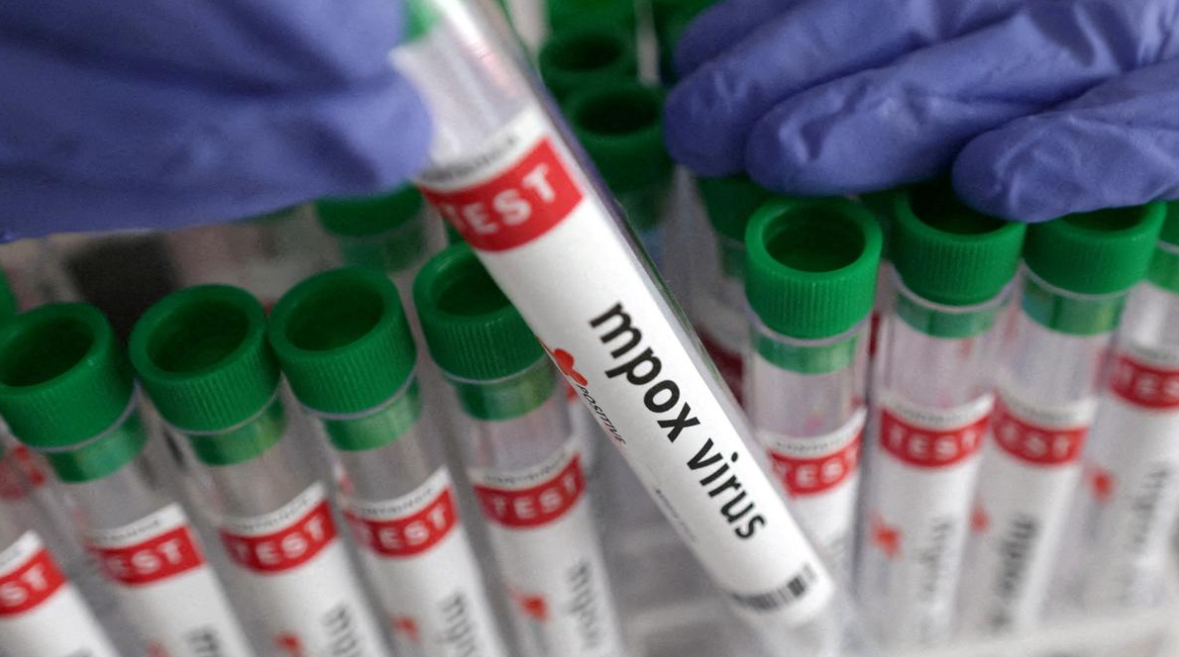Prime Minister Narendra Modi inaugurated the prestigious Semicon India 2024 on Wednesday, a landmark event held at the India Expo Mart in Greater Noida, Uttar Pradesh. The three-day conference is a significant move in India’s push to become a global hub for semiconductor manufacturing, with a vision to elevate the country’s presence in the global electronics and chipmaking industries. As semiconductor technology becomes the backbone of modern electronics, India is positioning itself as a key player in this transformative sector.
India’s Growing Semiconductor Vision
During his speech at the event, PM Modi emphasized that now is the perfect time for investors and businesses to focus on India. Highlighting the country’s stable policies and growing ease of doing business, he said, “This is the right time to be in India. You are at the right place at the right time.” Modi’s comments underscored India’s readiness and ambition to be a reliable destination for semiconductor investments and technological growth.
One of the central themes of his speech was the aspiration for Indian-made chips to be in every electronic device worldwide. This bold goal reflects the country’s commitment to building a robust semiconductor ecosystem that can cater not only to domestic demand but also to global markets.
A Dream for Indian-Made Chips
PM Modi’s address touched on the country’s broader strategy for the semiconductor sector. He articulated a clear vision for the future, where “Indian-made chips will be in every device around the world.” This dream is fueled by the government’s efforts to attract massive investments into the semiconductor space and build a workforce capable of driving innovation in chip design and manufacturing.

The Prime Minister revealed that over ₹1.5 lakh crore (around $18 billion) has already been committed to semiconductor manufacturing projects, with many more initiatives in the pipeline. This substantial financial backing is part of a wider effort to establish India as a semiconductor powerhouse.
Modi’s comments on the need for “silicon diplomacy” underscore the importance of international partnerships in advancing India’s semiconductor ambitions. The country is fostering collaborations with global semiconductor leaders to bring advanced technologies and investments into India, positioning it as a strategic player in the global semiconductor supply chain.
Scaling Up India’s Electronics Sector
India’s semiconductor strategy is part of a larger goal to scale up the country’s electronics manufacturing industry. Currently valued at $150 billion, the government aims to grow the sector to $500 billion by the end of the decade. This ambitious target reflects the rising demand for electronics in both domestic and international markets, and India’s efforts to become a key supplier of electronic goods and components.
To meet this goal, the government is focused on building a skilled workforce. Modi emphasized that 85,000 technicians, engineers, and R&D professionals are being trained to support the semiconductor industry. This is a crucial step towards ensuring that India not only attracts investments in manufacturing but also has the talent pool required to support innovation and long-term growth in the semiconductor sector.
The Importance of Semicon India 2024
Semicon India 2024 is not just a showcase event; it is a platform for India to present its semiconductor strategy and policy to the world. The conference, running from September 11 to 13, has a clear theme: “Shaping the Semiconductor Future.” The event brings together leaders from global semiconductor giants, policymakers, and industry experts, creating an opportunity for networking, knowledge-sharing, and collaboration.
With more than 250 exhibitors and 150 speakers, the conference is a comprehensive platform to discuss the future of semiconductors and how India can play a central role in shaping that future. Major companies from around the world are participating, reflecting the global interest in India’s semiconductor ambitions.
Key Players Joining India’s Semiconductor Push
India’s semiconductor ambitions are not just limited to policy announcements. Major companies are stepping up to invest in this sector. According to a Bloomberg report, Indian conglomerate Larsen & Toubro Ltd. has committed to investing more than $300 million to establish a semiconductor company. This move highlights the growing interest of Indian companies in the semiconductor space and the broader commitment to developing a self-reliant semiconductor ecosystem in the country.
Larsen & Toubro’s investment is part of a larger trend of Indian and foreign companies exploring opportunities in India’s growing semiconductor sector. The government’s incentives, combined with a large and skilled workforce, make India an attractive destination for global semiconductor companies looking to expand their operations.
India’s Role in the Global Semiconductor Supply Chain
The semiconductor industry is a critical component of the global technology supply chain. Chips are the building blocks of modern electronics, powering everything from smartphones and computers to cars and medical devices. The COVID-19 pandemic highlighted the vulnerabilities in the global semiconductor supply chain, with shortages impacting industries worldwide.
India’s ambition to become a global semiconductor hub comes at a time when there is a heightened focus on diversifying semiconductor manufacturing and reducing dependence on a few key regions. By investing in its semiconductor industry, India is not only seeking to meet its own needs but also to play a critical role in the global supply chain.
The Road Ahead: Challenges and Opportunities
While India’s semiconductor ambitions are impressive, there are challenges ahead. Building a semiconductor industry from scratch requires significant capital investment, technical expertise, and a supportive ecosystem. Semiconductor manufacturing is a highly complex process that involves cutting-edge technology and precision.
However, the opportunities are vast. As the world’s most populous country with a growing middle class and a booming technology sector, India offers a massive market for semiconductors. Additionally, the government’s focus on building a skilled workforce, along with its pro-business policies, provides a strong foundation for the sector’s growth.
Conclusion
The inauguration of Semicon India 2024 by Prime Minister Narendra Modi marks a pivotal moment in India’s journey to becoming a global semiconductor hub. With significant investments, a skilled workforce in the making, and strong government support, India is poised to make a mark in the semiconductor industry.
As global demand for semiconductors continues to grow, India’s focus on building a robust chip manufacturing ecosystem could not be more timely. The vision of having Indian-made chips in every device worldwide may seem ambitious, but with the right investments and collaborations, it is a dream that is becoming more achievable by the day.
Semicon India 2024 showcases not only India’s potential but also the country’s determination to be a key player in shaping the future of technology.




One thought on “PM Modi Inaugurates Semicon India 2024: A important Step Towards India’s Semiconductor Ambitions”